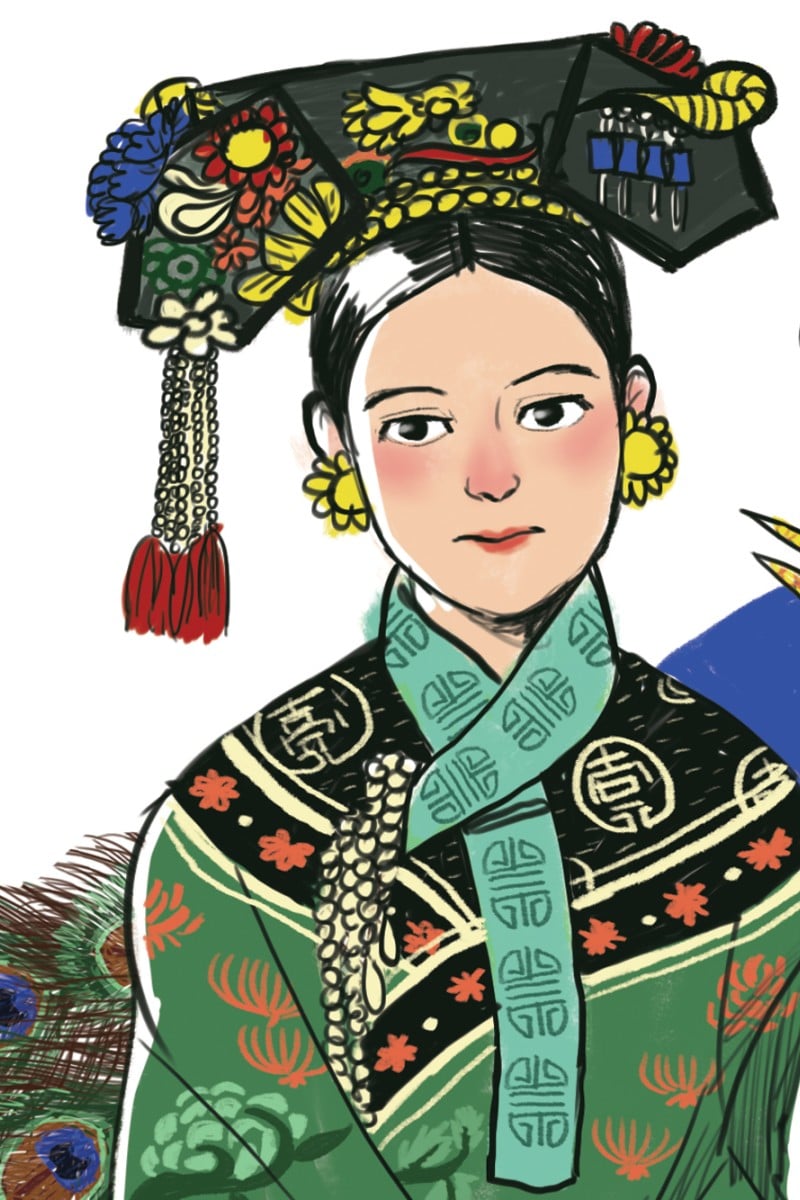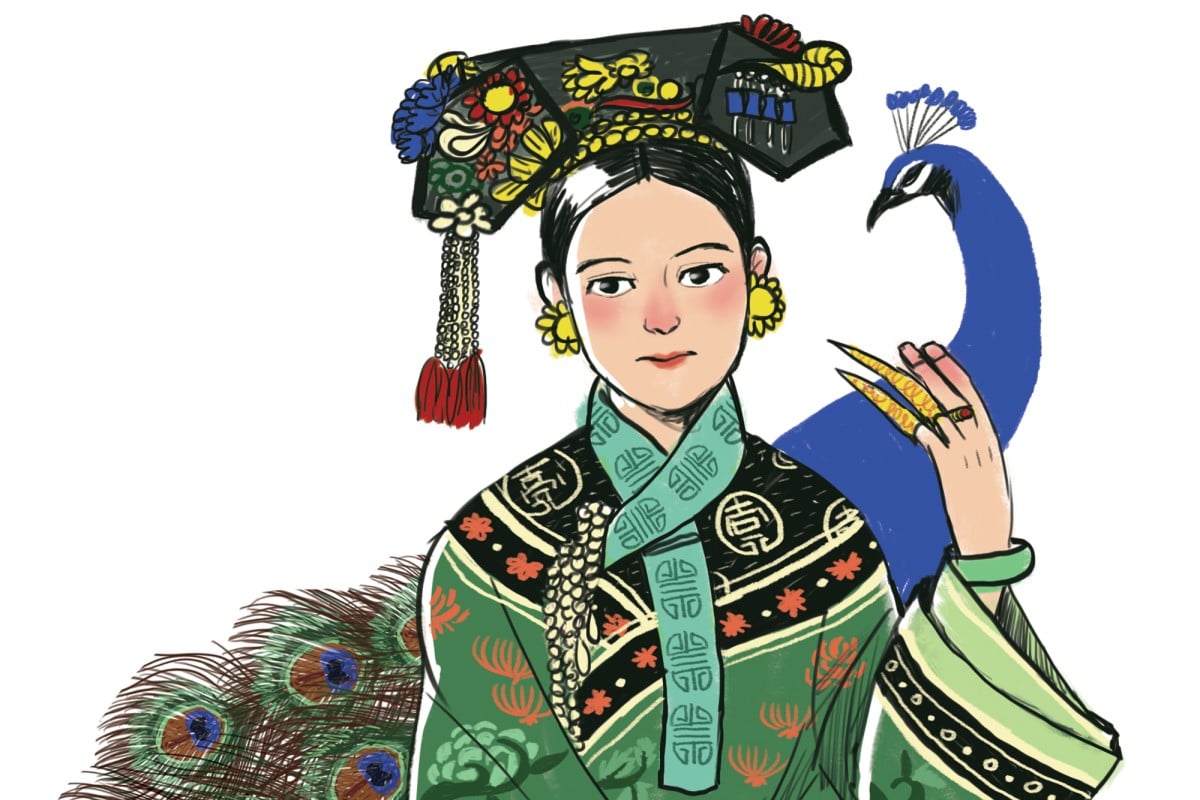
Cixi: from 16-year-old concubine to Empress Dowager of China
Cixi rose from a 16-year-old concubine of the emperor to ruler herself untilher reign ended just before the 1911 Revolution

Throughout China's long, male-dominated history, women have been shadowy figures, using their influence behind the scenes. Just twice has a woman assumed leadership of the country. Wu Zetian was the first, but it took 1,200 years for the next one to take centre stage.
Her surname was Yehenara, daughter of a Manchu official, who in 1851, at the age of 16, became the emperor's concubine. She quickly became a favourite and, after giving birth to Emperor Xianfeng's only son, was made Noble Consort Yi, second only to the empress. Unusually, she could read and write Chinese and became educated in state affairs.
In 1860, just before his death, the emperor appointed eight ministers to act as regents to his five-year-old son. But the newly named Empress Dowager Cixi quickly ousted them on fabricated charges of incompetence. She then issued imperial edicts "from behind the curtains" that she and Dowager Empress Cian would rule China jointly until her son, Tongzhi, was of age. She began overhauling the country's corrupt bureaucracy, replacing incompetent Manchu officials with Han Chinese officers and, under a new Han general, defeated the Taiping army in 1864.
Cixi knew that China's long isolation had made it backward and vulnerable. She decreed that Western technology should be imported, opening a foreign university in Beijing, sending boys to study overseas and supporting industrial programmes in the south. But, wary of threats to imperial power, she then made some famously short-sighted decisions, rejecting new British warships when they arrived manned with British sailors, attempting to ban railways because they would "disturb the emperors' tombs", and banning overseas study once returning scholars began sharing new, liberal ideas.
In 1873, Tongzhi assumed the throne, but he was a poor ruler and died within two years. His pregnant wife quickly followed him, some say at Cixi's hand, and by 1875, Cixi was back at the helm, appointing her four-year-old nephew as the new emperor, named Guangxu. But even after she officially retired when Guangxu came of age, it was Cixi's advice that was still sought and acted upon by court officials. When Guangxu tried to introduce reforms in 1898, she engineered his disgrace and internal exile, and took control again.
Two years later, during the Boxer Uprising, Cixi declared war on the European powers. After the Chinese lost several battles, she signed a treaty in 1902 that paid them large war compensations and kept an international military force in Beijing.
Only then did she implement the radical reforms that her nephew had proposed, including even a constitution and representative government. But it was all too little, too late. They could not prevent the 1911 Revolution, which ended imperial rule with the founding of the Republic of China on January 1, 1912.
Cixi died in November 1908, one day after Guangxu died of arsenic poisoning, possibly on her instructions. That same day, she appointed Puyi, a distant descendant of her dead husband, as the new Qing emperor even though he was only two years old. She was buried in splendour in the Eastern Qing Tombs.
Like Wu Zetian, Cixi has long been vilified as a ruthless dictator. Others praised her charm, courage and intelligence. Either way, she looms large in history.
- Of her contemporary Queen Victoria, Cixi observed: "I don't think her life is half as interesting or eventful as mine."
- She ended the cruel customs of foot-binding and "death by a thousand cuts".
- The young Emperor Guangxu was obliged to address her as "qin baba" or "biological father".
- She was referred to in the West as "Old Buddha" and the "She-Dragon".
- The large pearl in her crown is said to have ended up on Taiwanese ruler Chiang Kai-shek's wife's shoes.
Sarah Brennan is the author of the best-selling Chinese Calendar Talesand Dirty Story series. Check out www.sarah-brennan.com